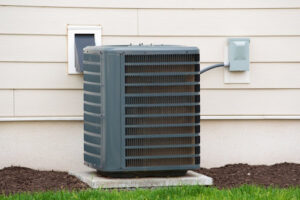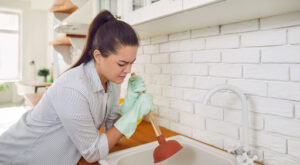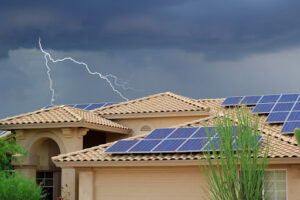
What Size Central Air Conditioner Do I Need?
When the heat of summer sets in, a central air conditioner becomes more than a luxury — it’s a necessity that stands between comfort and
A little knowledge will go a long way toward keeping your plumbing system healthy. Using the following tips for repair and maintenance will help your pipes last longer and minimize costly repairs. Our practical advice for plumbing problems comes directly from the experts.
Read, follow and keep the water flowing:
Never Use Chemical Drain-Cleaning Products
Chemical products that clear drains are generally not good for your plumbing. There are basically three types of chemical drain cleaners: oxidizing, caustic and acid (which is used by professionals). None of these are good for your plumbing as they can erode cast-iron piping. Chemical products should be avoided if possible. Instead, try to unclog a drain with a ½ cup of salt and boiling water. If this DIY combination doesn’t work, call a professional plumber.
Prevent Future Clogging
A clogged drain isn’t simply an annoyance, it can also put stress on your plumbing and greatly shorten its lifespan. Try to be mindful of what you put down the drain. Even with a heavy duty disposal, throw all food waste into the garbage. Grease is also not to be poured into the sink. Once grease hits cold water it will solidify and eventually clog the drain. Screens placed over bathroom drains will catch hair and other large contaminants.
Reduce Water Pressure
High water pressure can be bad for your pipes. While having high water pressure is great for cleaning, if it’s too strong it can weaken pipe joints, appliance valves and faucets. “Normal” water pressure is between 40 and 80 pounds per square inch (psi). You can easily gage your pressure by purchasing a hose bib at the local hardware store. If your water pressure is above 80, you might want to call a professional to install a pressure reducer.
Soften Hard Water
Does your water supply have a high mineral content? This is also referred to as “hard water” and it can definitely be hard on your plumbing system. These naturally occurring minerals, usually calcium or magnesium, can build up inside of pipes and restrict the flow of water, creating pressure and hurting the system. They can also corrode joints and fittings. The best way to combat hard water is to install a water softener. Most of these softeners use sodium as a way to counteract the minerals, but new electronic softeners use electromagnetic pulses to dissolve the mineral content. Contact a professional plumber to assess the best design for your needs.
BASIC INFORMATION ABOUT DRINKING WATER
And also:
Watch for Leaks
Any leaks in your plumbing system can eventually lead to much larger problems. Small leaks in your faucet and around the fixtures should be dealt with immediately.
Main Water Valve
Find out where the main water shut-off valve is located in case of a leak.
Add Insulation
Add insulation to plumbing in the cold parts of your home where pipes are exposed (garage, basement, etc.). This will help to avoid freezing plumbing in the winter.
Follow these basic tips and you’ll keep your plumbing system in great shape for years to come. If you ever need help with pipe repair or maintenance, give us a call at (713) 364-0226 and we’ll schedule an appointment.

When the heat of summer sets in, a central air conditioner becomes more than a luxury — it’s a necessity that stands between comfort and

Every homeowner has experienced it at one point or another: the water in the sink takes forever to drain, the shower floor is covered in

Lightning strikes can be a terrifying experience for any homeowner. The powerful boom and bright flash are unmistakable, leaving you to wonder about the safety